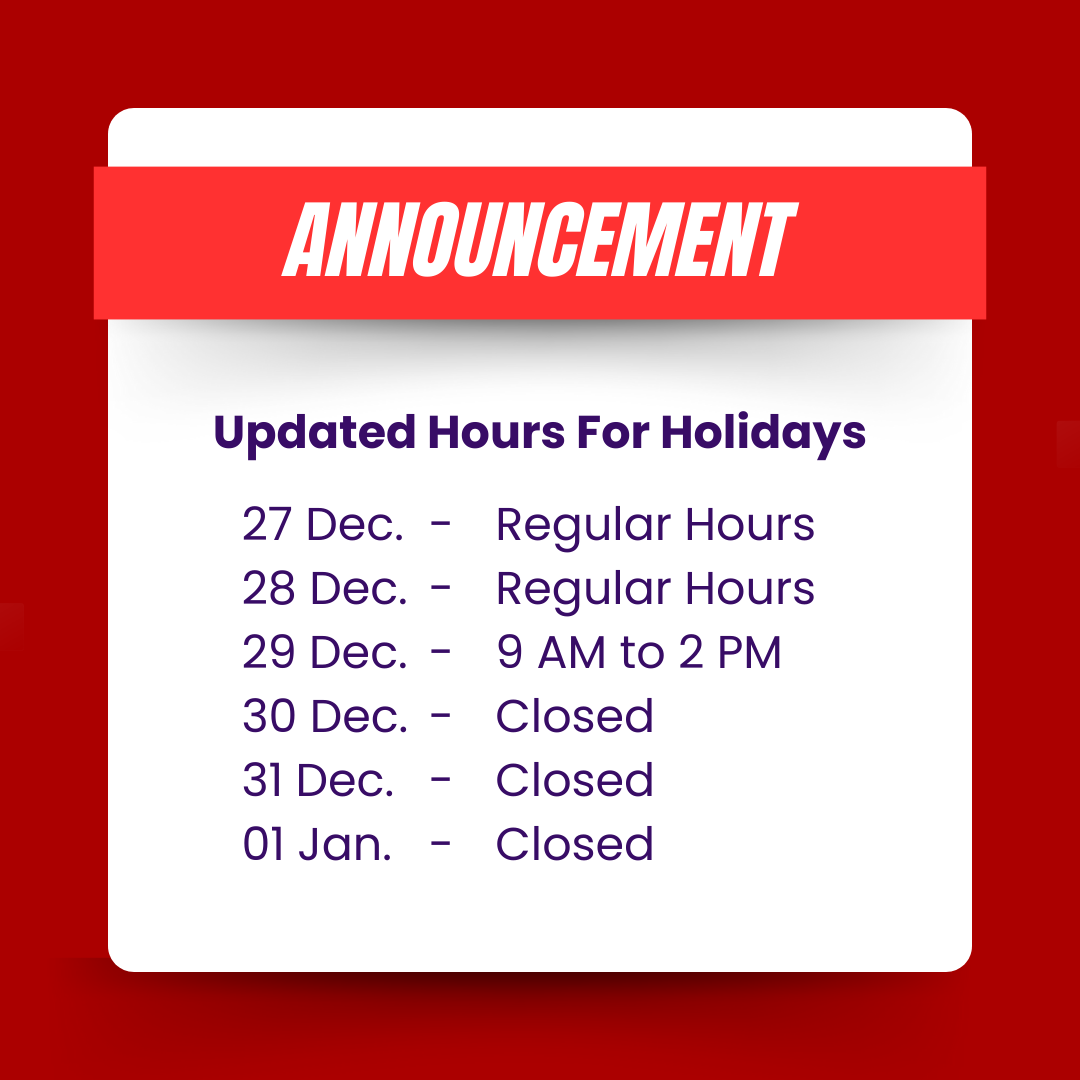When you’re faced with a situation where you need to file an insurance claim, it can feel overwhelming and stressful. However, the process doesn’t have to be complicated if you follow the right steps. In this article, we will discuss the steps you need to take to file an insurance claim successfully.
Notify your insurance company
The first step in filing an insurance claim is to notify your insurance broker or insurance company as soon as possible after the incident. You should provide them with all the details of the incident, including the date, time and location, along with any other relevant information such as witnesses or police reports. Your insurance company will give you instructions on what to do next and will assign a claims adjuster to handle your case.
Document the damage or loss
To support your insurance claim, it’s essential to document the damage or loss. Take photos and videos of the damage or loss and make a detailed list of all the items that have been affected. If you have receipts or other proof of purchase, include them in your documentation.
Cooperate with the claims adjuster
The claims adjuster assigned to your case will investigate the incident and assess the damage or loss. Be cooperative and provide them with all the information they need to complete their investigation. They may also ask for additional information or documentation from you, such as medical bills or repair estimates.
Get repair estimates
If your claim involves repairs to your property, get repair estimates from reputable professionals. Provide the estimates to your claims adjuster, who will evaluate them and work with you to determine the best course of action.
Review and accept the settlement offer
After completing the investigation, your claims adjuster will present you with a settlement offer. Review the offer carefully, and if you agree with it, sign the necessary paperwork to accept the settlement. If you don’t agree with the settlement offer, you can negotiate with your claims adjuster or request a review from a higher authority.
Receive payment
Once you’ve accepted the settlement offer, your insurance company will issue payment. The payment may be made directly to you, to the repair shop or contractor, or to other parties involved in the claim.
In conclusion, filing an insurance claim doesn’t have to be a daunting process. By following the steps outlined in this article, you can file your claim successfully and receive the compensation you’re entitled to. Remember to document the damage or loss, cooperate with your claims adjuster, get repair estimates, review and accept the settlement offer and receive payment.







